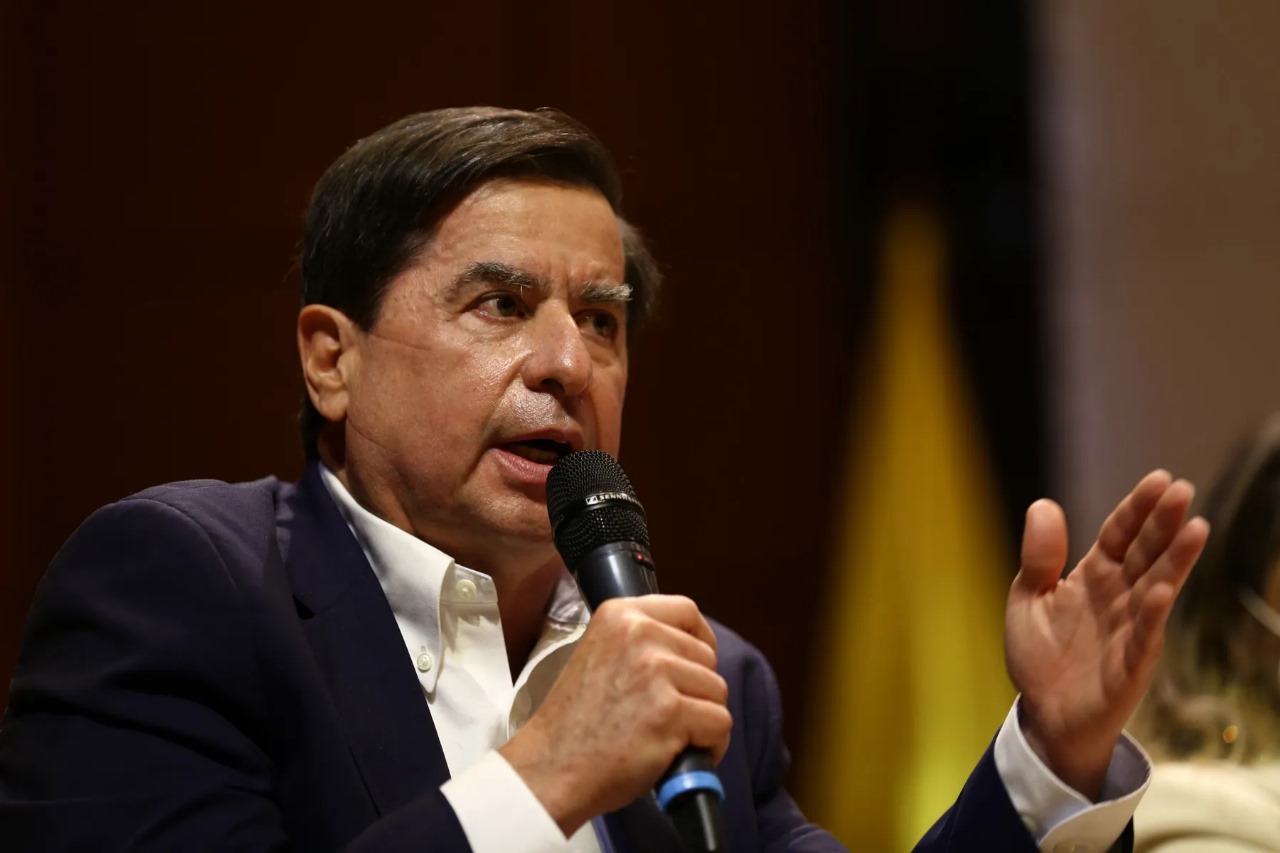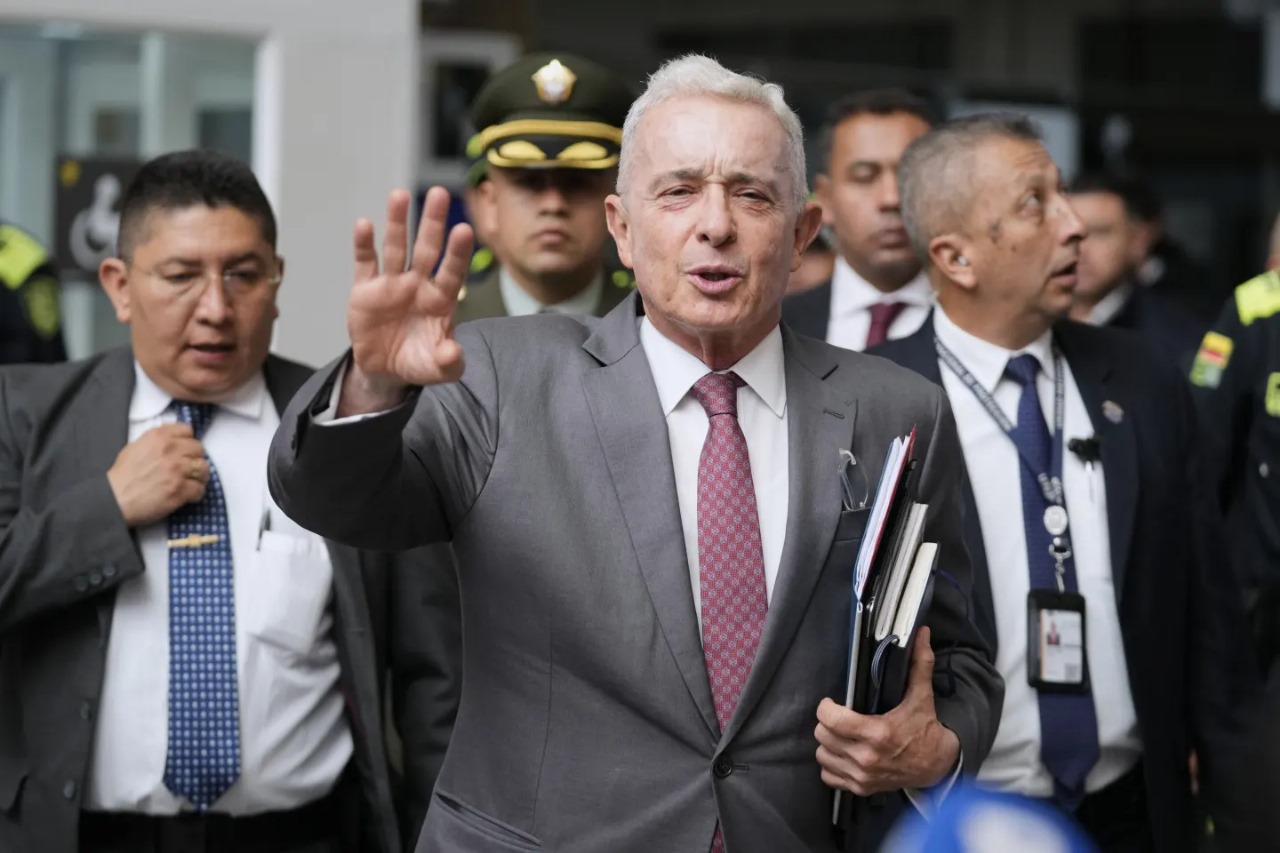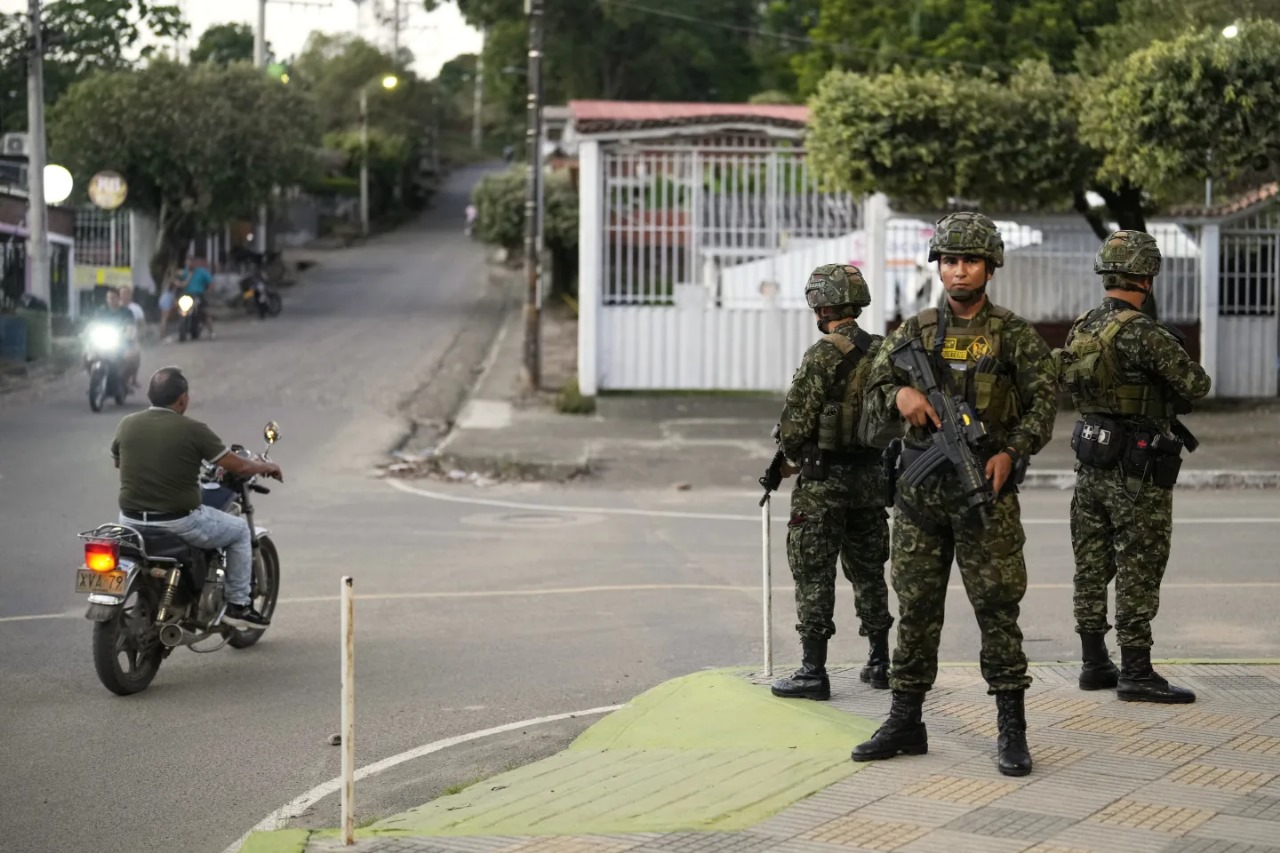Colombian Interior Minister Juan Fernando Cristo resigned on Monday amid a deepening political crisis in President Gustavo Petro’s administration, following the appointment of a controversial political figure as chief of staff.
In a letter posted on X, Cristo stated his commitment to advancing objectives such as implementing the 2016 peace agreement with the Revolutionary Armed Forces of Colombia (FARC) “without limitations.” He also warned that frustration must not push Colombia back into an era of political and social exclusion that fosters violence.”
His resignation follows the departure of two other ministers last week, who stepped down in protest over Armando Benedetti’s appointment as chief of staff. Their exits came after a televised Cabinet meeting, during which Petro criticized his ministers for failing to execute government programs, leading to heated exchanges and emotional reactions.
Reshuffling Petro’s Cabinet Amid Security Crisis
On Sunday, Petro requested the resignation of all Cabinet ministers as he prepared to overhaul his administration. The decision comes as Colombia faces mounting challenges, including a worsening security crisis in the northeast, where more than 50,000 people were displaced in January due to violent clashes between armed groups.
Cristo stated that he had informed Petro of his resignation last Thursday, though his letter made no mention of Benedetti’s appointment.
Last week, Environment Minister Susana Muhamad and Culture Minister Juan David Correa also resigned, citing their unwillingness to work alongside Benedetti.
The Controversial Role of Armando Benedetti
A former senator from Colombia’s Caribbean coast, Benedetti is a seasoned political strategist who played a key role in securing funds for Petro’s 2022 presidential campaign. However, his career has been marred by allegations of corruption and domestic violence.
Unlike many members of Petro’s leftist administration, Benedetti has no strong ties to progressive parties. He previously supported conservative ex-president Álvaro Uribe before shifting his allegiance to Petro.
In 2023, the Colombian news magazine Semana published leaked recordings in which Benedetti claimed to have raised nearly $4 million for Petro’s campaign, suggesting that some of the funds came from illegal sources. In the same recordings, he threatened to expose the administration if he was not rewarded with a high-ranking government position.
Last week, Benedetti was formally charged with corruption by Colombia’s Supreme Court in a separate case. He is accused of illegally influencing government contracts awarded to a digital security company in 2017.
Under Petro’s government, Benedetti has served as Colombia’s ambassador to Venezuela and later as ambassador to the United Nations Food and Agriculture Organization (FAO)—a post that had remained vacant since 1999.
Domestic Violence Allegations and Cabinet Backlash
In 2023, Benedetti’s wife filed a police complaint in Madrid, accusing him of tearing off her clothes and threatening her with a knife. She later retracted the allegations, and Spanish authorities dropped the case due to his diplomatic immunity at the time.
His appointment has sparked backlash within Petro’s own Cabinet. Environment Minister Susana Muhamad openly criticized Benedetti, stating during last week’s televised meeting:
“As a feminist and as a woman, I will not sit in Cabinet meetings with him.”
Petro defended Benedetti, arguing that everyone deserves a second chance, and accused critics of being sectarian leaders unwilling to build coalitions.
Political Strategy Behind Benedetti’s Appointment
According to Sergio Guzmán, a political analyst in Bogotá, Benedetti played a crucial role in forging alliances with centrist and right-wing politicians during the 2022 presidential campaign, helping Petro expand his electoral base despite ideological differences.
“Petro is not just focused on the immediate impact of his Cabinet,” Guzmán said. “He is thinking ahead to the 2026 presidential election and needs a skilled political operator to position a successor.”
As political tensions rise, Petro faces growing pressure to restore stability within his administration while grappling with Colombia’s escalating security and governance challenges.



